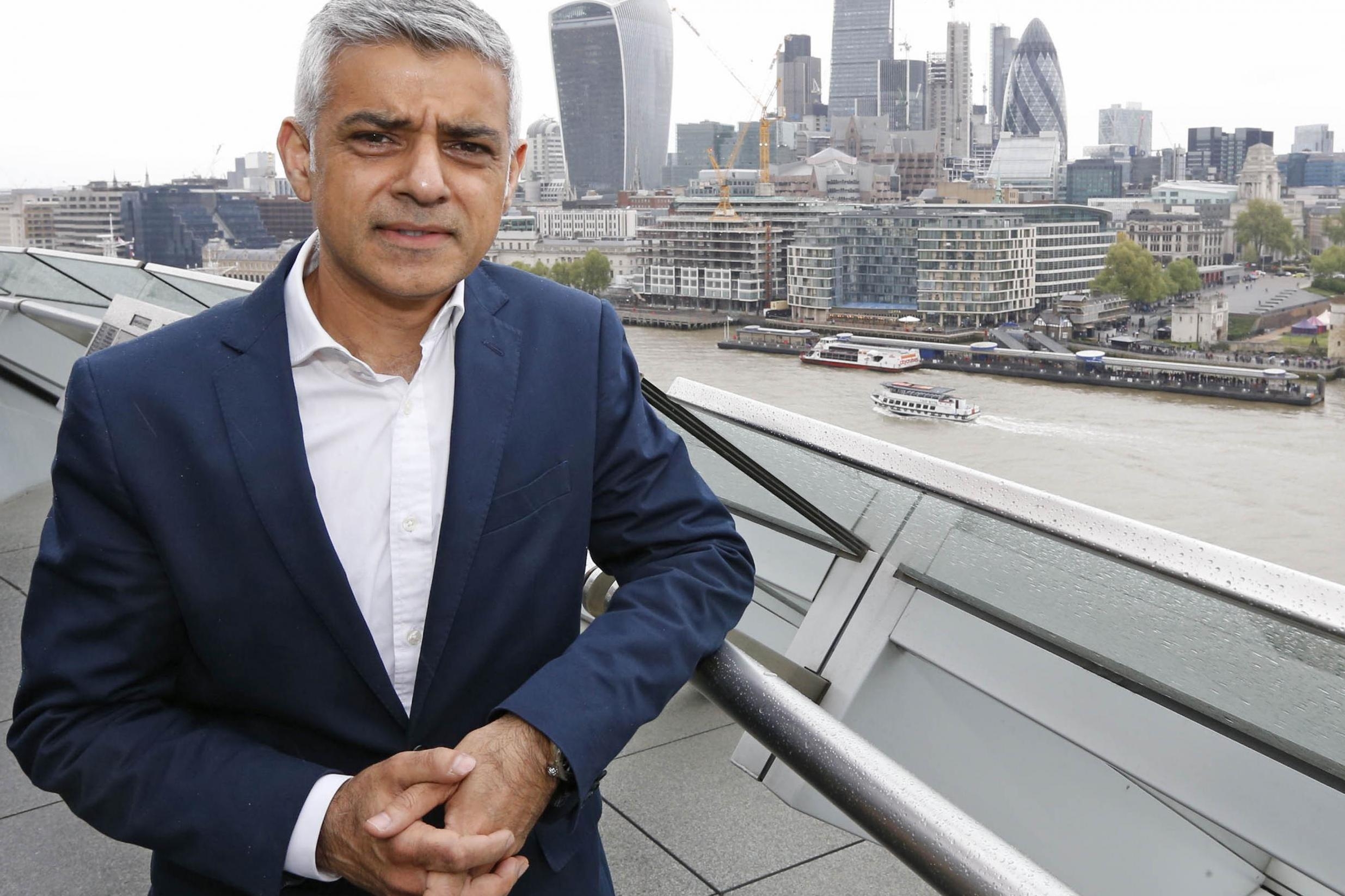
 Ethnicity pay gap exposed
Ethnicity pay gap exposed
Monday 5th March 2018 | Jake
2017 was the year the gender pay gap was exposed for all to see, as business after business was forced to recognise the alarming disparity in pay between male and female employees.
Now, following an audit concerning people employed under the control of City Hall, the ethnicity pay gap has finally arrived at the table of public discourse. The audit, commissioned by Mayor Sadiq Khan, aimed to outline the wage discrepancies between ethnicities working for the Met, TFL, London Fire Brigade and others.
The pay audit observed the wages of over 76,000 employees. According to a report into the audit’s findings, the pay gap was due to under-representation in higher-paying senior roles, rather than BAME employees being paid less than white colleagues to work the same job.
The worst instances of pay gaps were found in the Old Oak and Park Royal development corporation, tasked with redevelopment projects in north-west London. The corporation paid on average 37.5% less to its BAME staff. Meanwhile, the audit found no ethnicity pay gap in the London Fire Brigade.
There was a troubling difference in pay found present in the Metropolitan police, where white workers are paid an average £21.35 an hour, compared with £17.98 for Black, Asian and minority ethnic (BAME) employees, a 16.72% difference. Scotland Yard said they were “working hard to address the gap.”

The audit mirrors a similar study into gender pay, published by the mayor’s office in 2016. The gender pay audit found gaps in pay ranging from none to 30%, a subsequent report into the audit found the gap was due to the under-representation of women in senior roles.
Khan says he is “determined to confront this inequality” and hopes that his ethnic pay audit will encourage businesses in the capital to imitate his drive for ethnic equality. He suggested decisions to eradicate any unjust pay gap were in the process of being made, “This sort of injustice takes many years to develop and it becomes deeply entrenched. My administration is finally beginning the process of turning this around.”
It remains to be seen how this audit will affect the recruitment and wage policy of public and private institutes, however, recognising a gap is a positive step towards real change.
